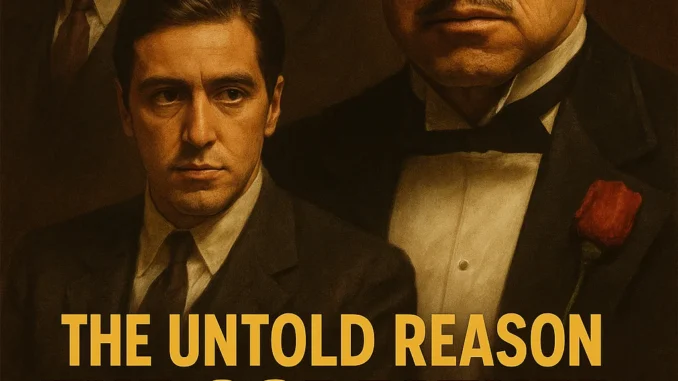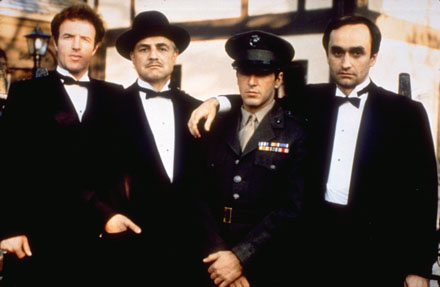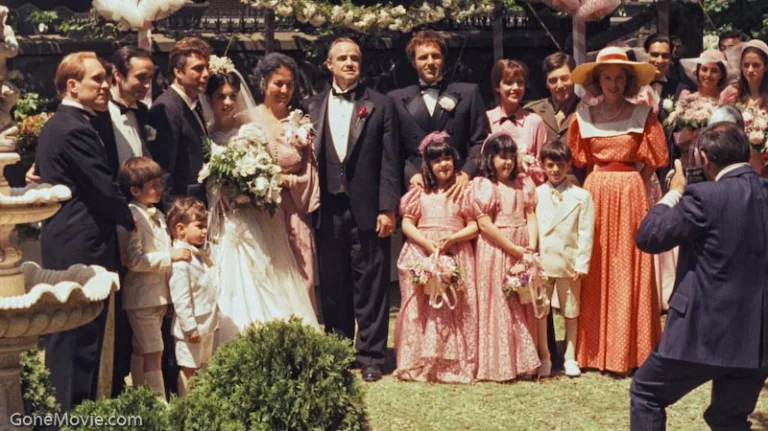
When people think of The Godfather, they often recall the unforgettable images that have defined cinema: Marlon Brando’s raspy voice, Nino Rota’s haunting score, or the shadowy frames that capture the coldness of the underworld. Yet for Francis Ford Coppola, the film’s director, the true reason behind the film’s timeless success comes from something far more unexpected: its intimate, authentic portrayal of family.
More Than Just a Mafia Film
On the surface, The Godfather is a gangster story filled with violence, power struggles, and cold-blooded revenge. But Coppola chose to tell it differently: he framed it as a family tragedy. At its core, it’s about an aging father, Don Vito Corleone, who tries to protect his children, and about the conflicts between siblings caught between love and ambition.
That’s why audiences didn’t just see “the mafia” on screen. They saw their own families reflected there: a loving but strict father, children forced into difficult choices, and the pain of betrayal and loss.

A Mirror of the American Dream
Coppola has often explained that the Corleone family is also an allegory for immigrants striving to rise in America. In many ways, they resemble entrepreneurs trying to survive a ruthless system—only their methods were illegal.
As a result, viewers came to see the story not as the tale of gangsters, but as a universal reflection of ambition, wealth, and sacrifice—the very struggles that define anyone chasing success.
Michael Corleone – The Tragedy of Power
If Don Vito is the film’s soul, Michael Corleone—played by Al Pacino—is its tragic heartbeat. He begins as a young man who wants nothing to do with the family’s business. Yet, fate and circumstance pull him into becoming the coldest and most ruthless of them all.
Audiences admire Michael’s resolve, yet grieve for the cost: the loss of innocence, of love, and ultimately, of his very soul. His story leaves us with a haunting question: “Would I have done any differently?”

The Power of Authenticity
Coppola’s genius lies in how he kept the film both cinematic and deeply real. From family gatherings around the dinner table, to embraces, greetings, and the long silences before violence erupts—every detail feels authentic.
Viewers are captivated not only by the artistry of lighting, music, and acting, but by the truth at its core. This authenticity is what Coppola calls the “unexpected reason” people fell in love with The Godfather: audiences weren’t just watching a mafia tale—they were seeing themselves in it.
The Godfather transcends its genre to become a mirror of humanity and society. And perhaps that is the real secret to its endurance: a story that continues to be rewatched, reinterpreted, and felt deeply—more than fifty years after it first appeared on screen.
